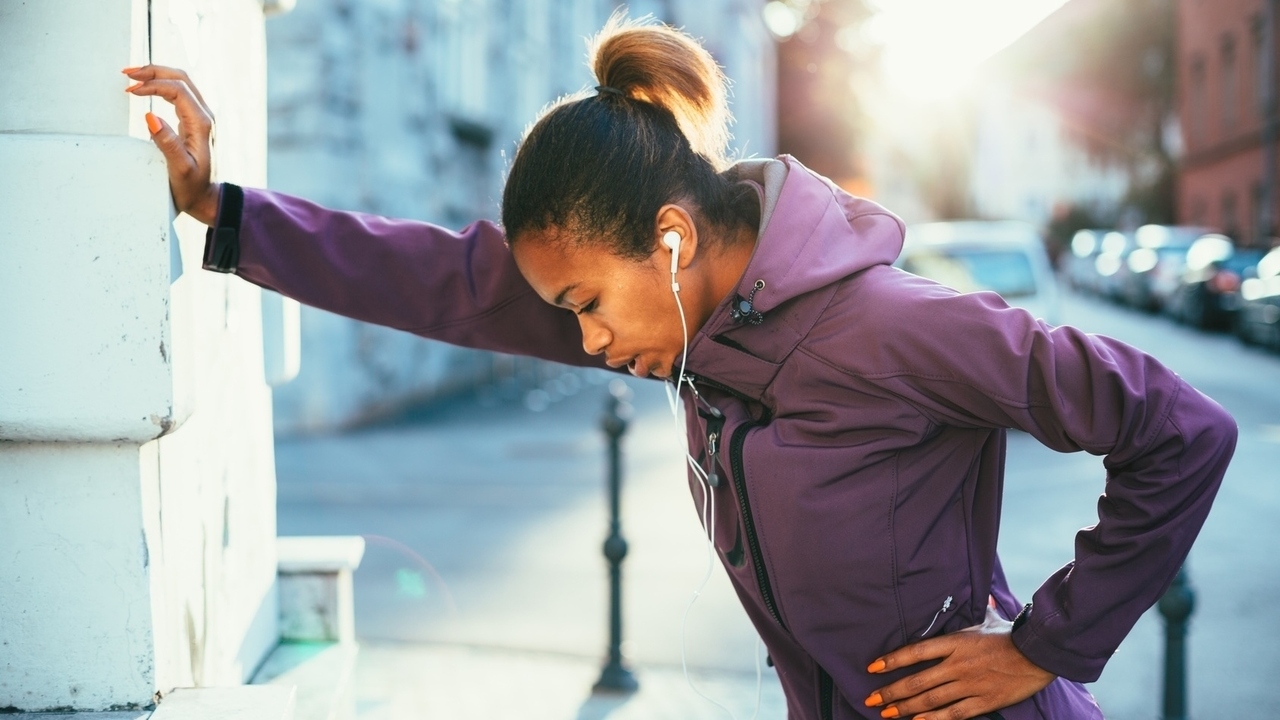 berc/Fotolia
berc/Fotolia
Being an expert on lifestyle medicine I tout the importance of sleep and exercising, along with stress management and using food as medicine. Both sleep and exercise are important.
When I talk about sleep and exercise to my audiences, I can see everyone shaking their head yes in agreement. Yet according to the National Sleep Foundation, approximately one-third of Americans report sleeping problems.
When it comes to making time management decisions between ensuring sleep or exercise, how do you choose which one is more important?
For me, the decision is an easy one. It is worse to skimp on sleep!
Exercise, of course, is important. It helps to reduce the risks of many chronic diseases including heart disease, obesity, diabetes and hypertension. It can also create health benefits like maintaining appropriate weight, improving sleep, reducing stress, and regulating bowel movements.
Yet even with all of these benefits to regular exercise, sleep is still more important.
Lack of sleep can become an underlying cause of other healthy conditions.
When you don’t get enough sleep at night the body becomes fatigued.
“People who are tired will eat more because they want to get energy from somewhere,” said Lynn Maarouf, RD, according to an article from WebMD.com. Maarouf is the diabetes education director of the Stark Diabetes Center at the University of Texas Medical Branch in Galveston.
There are hormones that decrease their circulation when you don’t get enough sleep, causing you to feel hungry as well.
Leptin is a hormone that helps to regulate our feelings of being full or wanting to continue eating.
When high levels of leptin are circulating in the blood it signals to the brain that we feel full and don’t need to continue eating. When we have low levels of leptin circulating then we feel hungry and have signals to eat.
Research has shown that when people suffer from too little sleep their leptin levels are lower, resulting in an increase in appetite as well as overeating. This increases the risk for obesity.
“There is some evidence that sleep deprivation could lead to pre-diabetic state,” said Mark Mahowald, MD, director of the Minnesota Regional Sleep Disorders Center in Hennepin County, on WebMD.com.
The body’s reaction to lack of sleep can resemble insulin resistance. If sleep deprivation happens for as little as four hours, it can increase your insulin resistance rates. This also increases the risk for heart disease.
Finally, if you are sleep-deprived many different things can go haywire. Examples of some symptoms of impaired sleep are irritability, tiredness, inability to tolerate stress, frequent infections, behavioral learning or social problems, increased blood pressure, inability to lose weight or alterations of appetite, decreased productivity, and breathing disorders.
If you have to decide between sleep and a workout, sleep is more important every single time. Sleep well ... and then get your workout.
Live Vibrantly,
Dr. Dae
Dr. Daemon Jones
Dr. Dae's website: www.HealthyDaes.com
Dr. Dae's Bio:
Dr. Daemon Jones is your diabetes reversal, hormones, metabolism and weight loss expert. Dr. Dae is a naturopathic doctor who treats patients all over the country using Skype and phone appointments. Visit her or schedule a free consultation at her website www.HealthyDaes.com
Reviewed April 27, 2016
by Michele Blacksberg RN
Edited by Jody Smith
Annual Sleep in America Poll Exploring Connections with Communications Technology Use and Sleep. The Sleep Foundation, (n.d.). Sleepfoundation.org. Retrieved April 26, 2016.
https://sleepfoundation.org/media-center/press-release/annual-sleep-america-poll-exploring-connections-communications-technology-use-
The Impact of Sleep Deprivation on Hormones and Metabolism. Medscape.org. Retrieved April 26, 2016.
http://www.medscape.org/viewarticle/502825
The Sleep-Diabetes Connection Not sleeping? Check your blood sugar levels. WebMD.com. Retrieved April 26, 2016.
http://www.webmd.com/sleep-disorders/excessive-sleepiness-10/diabetes-lack-of-sleep
What’s Worse: Skipping a Workout or Skimping on Sleep? Because you sure could use an excuse to hit the snooze button. Womenshealthmag.com. Retrieved April 26, 2016.
http://www.womenshealthmag.com/fitness/exercise-in-morning





Add a CommentComments
There are no comments yet. Be the first one and get the conversation started!